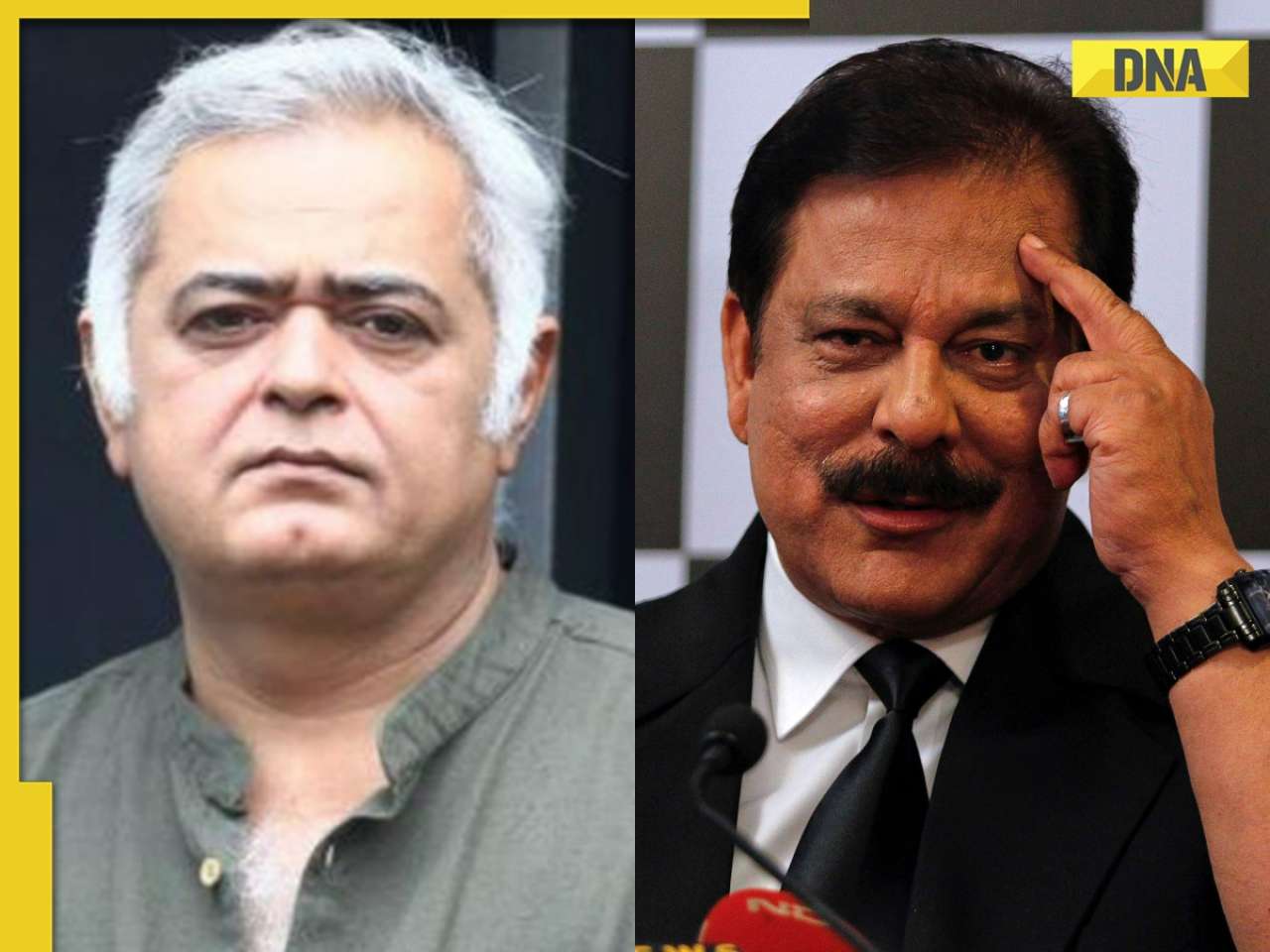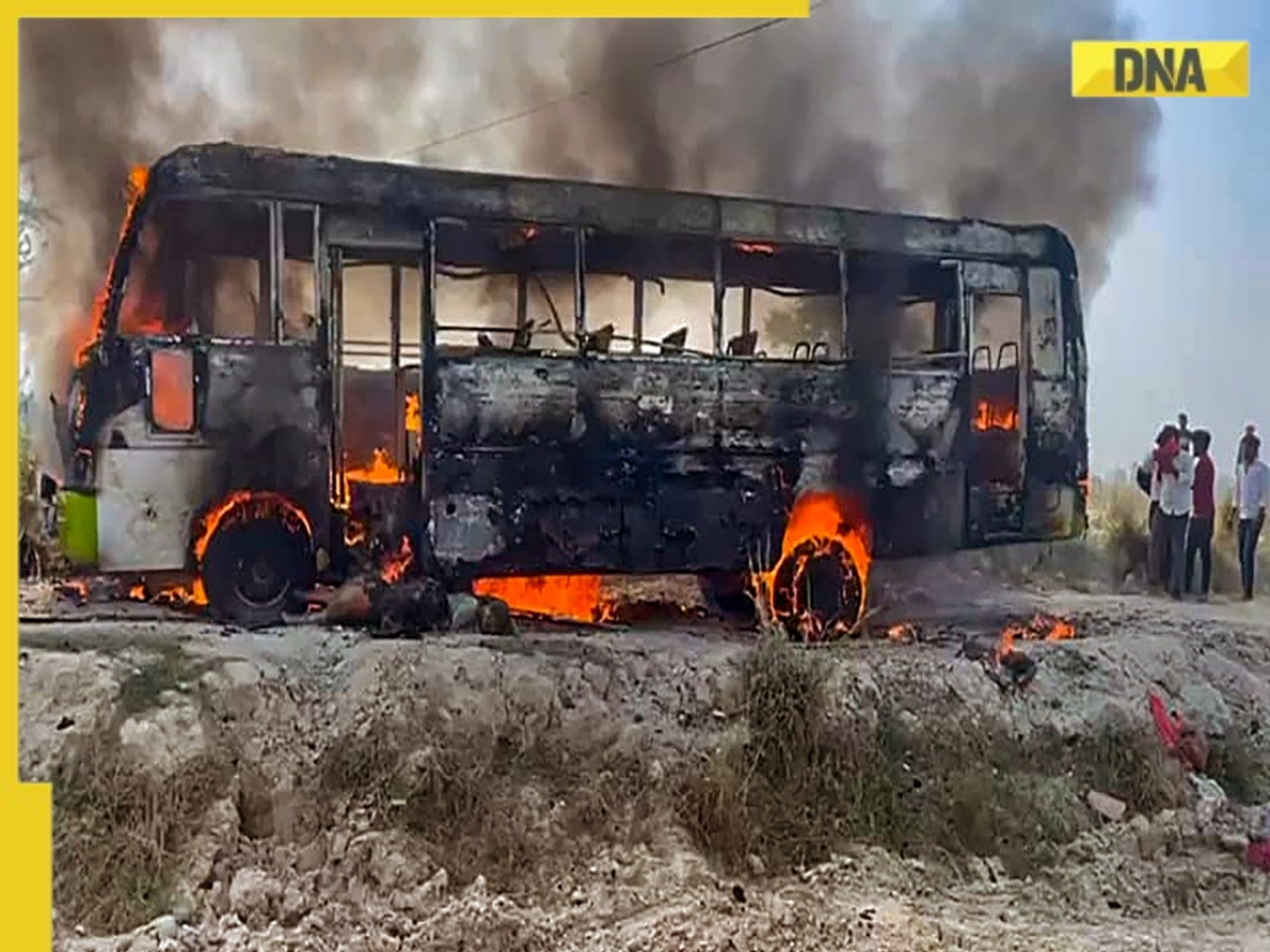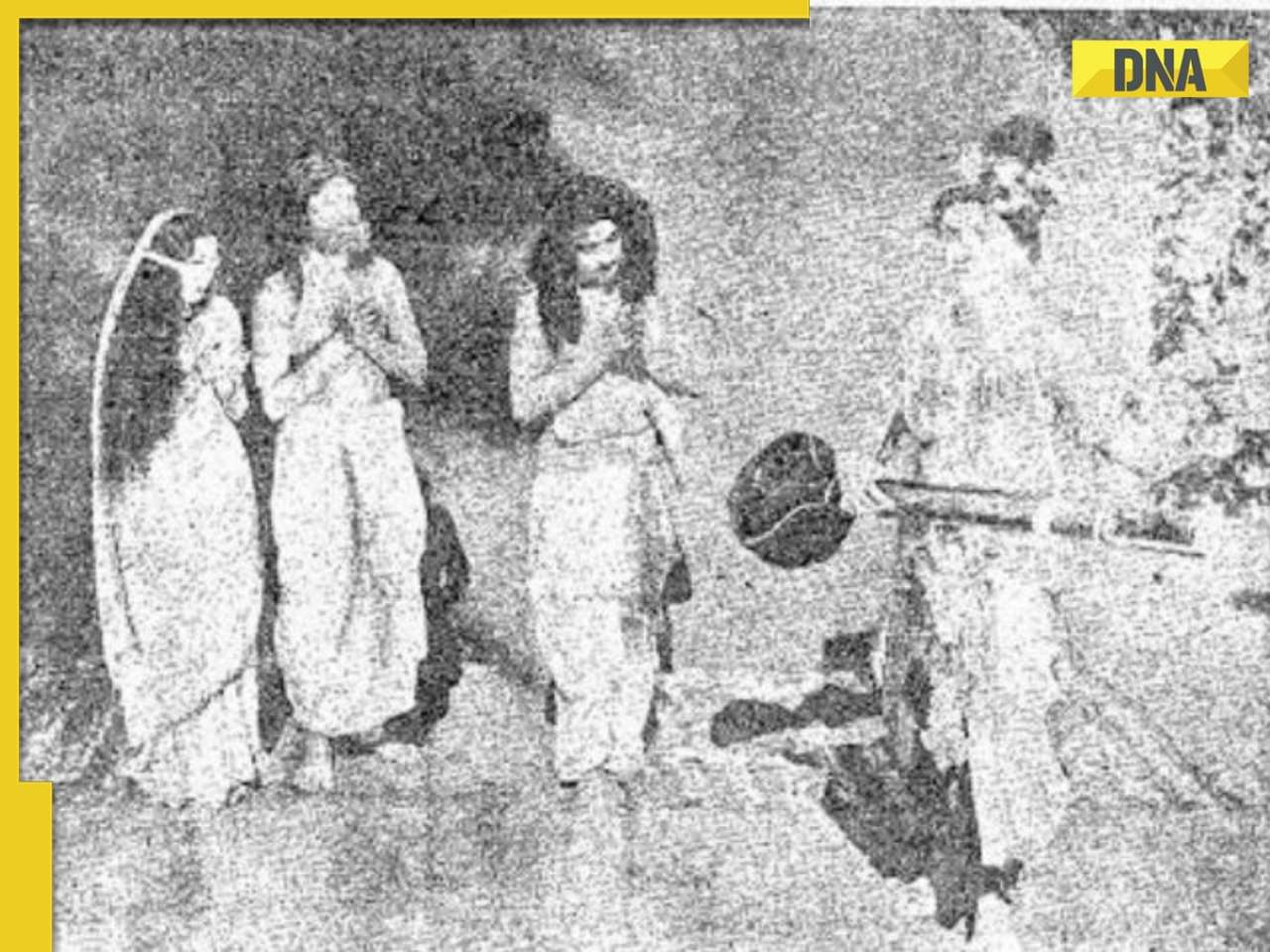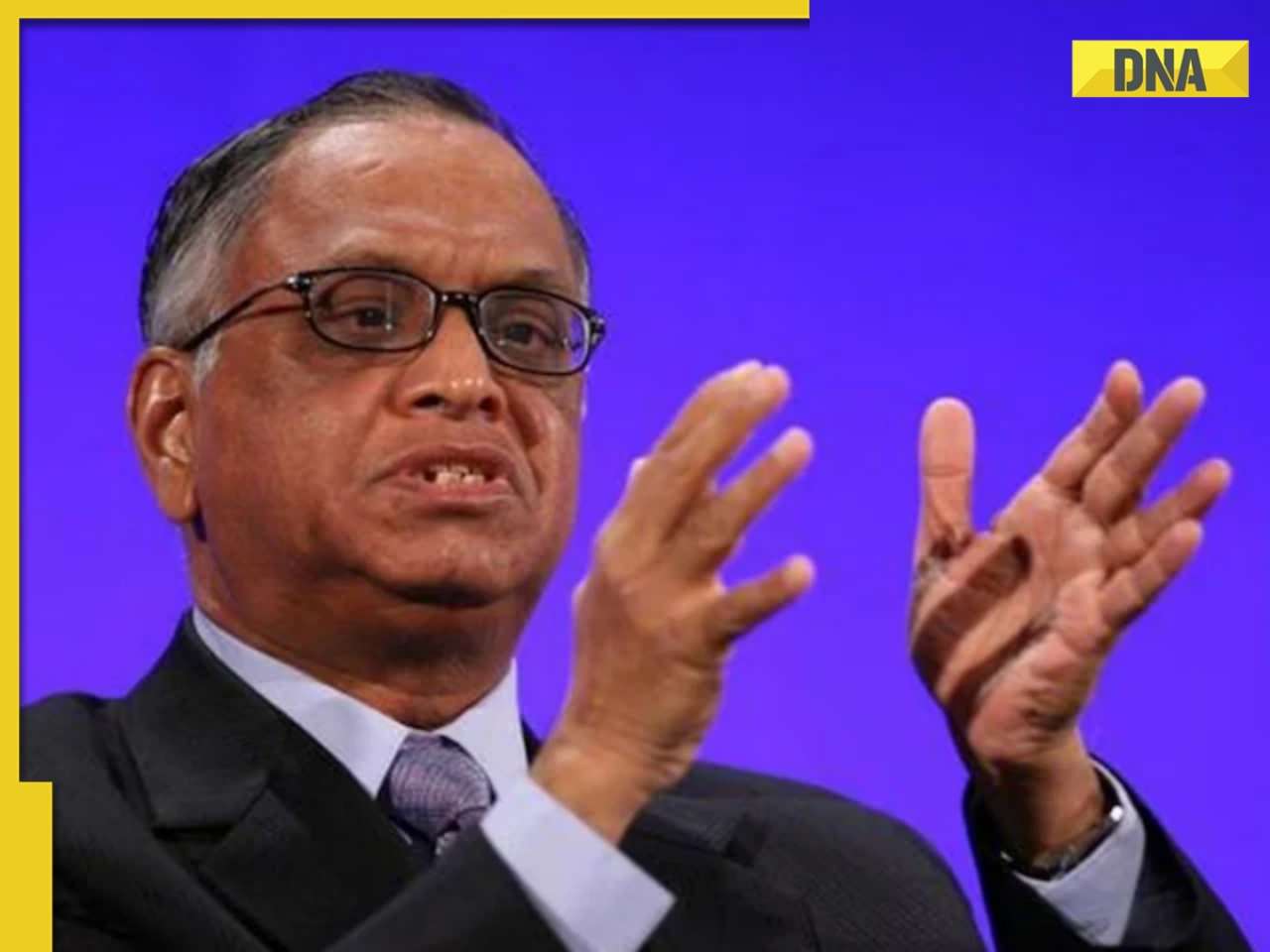In Central Kashmir Srinagar and adjoining districts, eating buff or beef has remained a taboo. But with the avoidable controversy starting with a court order, the anathema towards beef is changing.
Even though Supreme Court provided the much-needed reprieve to the Jammu and Kashmir government by directing Chief Justice of J&K High Court to examine the legal issues relating to the prohibition and the validity of the law banning beef and slaughter of cows, there is no let up in the tensions, brewing on communal, regional and party lines. It was played on the floor of the Assembly on Thursday, when an independent MLA, who had organised a beef party was thrashed by rival legislatures.
Over the years, ban had been largely accepted socially in Kashmir, since it was imposed by Sikh governor Dewan Moti Ram, on basis of a petition by Kashmiri Pandits in 1819. The famed Kashmiri cuisine is also based on sheep and not even goat meat. In Central Kashmir Srinagar and adjoining districts, eating buff or beef has remained a taboo. But with the avoidable controversy starting with a court order, the anathema towards beef is changing.
A renewed campaign is on to show that the anti-beef law is a relic of unpopular and oppressive rulers. An independent MLA Engineer Rashid hosted a beef party at MLA hostel and last month a BJP leader from South Kashmir Khursheed Malik, who had unsuccessfully contested the 2014 assembly elections from Kokernag, announced to hold beef party, to give social acceptability to the consumption of beef in a Muslim-majority state.
Out of 25 states, where cow slaughter is banned and punishable under law, Muslim majority Jammu and Kashmir is the only state, where it invites the harshest penalty of 10 years of rigorous imprisonment. Over past 195 years, since the law is in vogue, historians have recorded that 19 people in Srinagar have were executed publicly for cow slaughter. In other states the sentences vary between six months to 7 years, like Gujarat (7years), Delhi (5 years), Haryana (5 years) and Maharashtra 5 years. In J&K, even possession of flesh of killed or slaughtered animals is also an offence punishable with imprisonment up to 1 year and fine.
Historian GMD Sufi records that Moti Ram’s successor Dewan Chuni Lal had ordered hanging of Srinagar’s noted trader Khawaja Mohiuddin Kaosa and his son-in-law Mirza Kallu. Their dead bodies were dragged through the streets of Srinagar for the alleged offence of cow slaughter. In 1845, historians record burning of 17 family members of Pirzada Samad Baba Qadri of Chatabal Srinagar in dry willow and cow dung because cow-slaughter.“This dastardly execution was supervised by the Thanadar Bholka Nath.” AR Khanday in his book Sikh Rule In Kashmir records.
British author Anthony George Shiell has recorded in his ‘A year In India’ after visiting Kashmir in 1880 that rulers’ tenderness begins and ends with the ‘sacred’ cow. In his ‘Making of a Frontier’ (published 1900), Algernon Durand wrote: “There were still at this time unfortunate Mahomedans in prison at Srinagar, who had been confined for years, for keeping themselves and families alive during a famine by killing and eating cows.”
Political scientist Prof Gull M Wani tells dna that according to his research, there have been cases of men being boiled in oil for killing a cow. “In 1920 out of the 117 prisoners in Kashmir jails 97 were held for cow slaughter,” he claims. In Dogra rule, which started in 1846, however, the sentence was reduced from death to 10 years rigorous imprisonment and fine.
By the end of 1944, Chief Justice of J&K High Court had suggested reducing the sentence to only two years. But nothing happened. After nearly 200 years now unavoidable controversy is threatening to tear apart not only the society but the first PDP-BJP alliance government, which was taken by surprise when its own deputy advocate general contested his own government in the court and secured an order from Jammu bench of High Court against beef ban, though already in vogue. Against this a former law professor of Kashmir University Dr. M A Qadri filed partition before Srinagar bench of High Court seeking annulling of anti-beef laws.
![submenu-img]() Meet actress who is set to work in India's most expensive film, started career with superhit TV show, then gave..
Meet actress who is set to work in India's most expensive film, started career with superhit TV show, then gave..![submenu-img]() Hansal Mehta reacts to Sahara Group calling his series Scam 2010 The Subrata Roy Saga 'abusive act, cheap publicity'
Hansal Mehta reacts to Sahara Group calling his series Scam 2010 The Subrata Roy Saga 'abusive act, cheap publicity'![submenu-img]() Meet actor, who was once Aamir, Shah Rukh's rival, never became superstar, worked as hotel manager, is now...
Meet actor, who was once Aamir, Shah Rukh's rival, never became superstar, worked as hotel manager, is now...![submenu-img]() 9 killed, 24 injured as bus catches fire in Haryana's Nuh
9 killed, 24 injured as bus catches fire in Haryana's Nuh![submenu-img]() Meet actress who started career with Ranveer, Deepika, is married to man with Rs 53,800 crore net worth, husband is..
Meet actress who started career with Ranveer, Deepika, is married to man with Rs 53,800 crore net worth, husband is..![submenu-img]() Meet IIT graduates, three friends who were featured in Forbes 30 Under 30 Asia list, built AI startup, now…
Meet IIT graduates, three friends who were featured in Forbes 30 Under 30 Asia list, built AI startup, now…![submenu-img]() Meet woman who cracked UPSC in fourth attempt to become IAS officer, secured AIR...
Meet woman who cracked UPSC in fourth attempt to become IAS officer, secured AIR...![submenu-img]() Meet IIT JEE 2024 all-India girls topper who scored 100 percentile; her rank is…
Meet IIT JEE 2024 all-India girls topper who scored 100 percentile; her rank is…![submenu-img]() Meet PhD wife of IIT graduate hired at Rs 100 crore salary package, was fired within a year, he is now…
Meet PhD wife of IIT graduate hired at Rs 100 crore salary package, was fired within a year, he is now…![submenu-img]() Meet woman not from IIT, IIM or NIT, cracked UPSC exam in first attempt with AIR...
Meet woman not from IIT, IIM or NIT, cracked UPSC exam in first attempt with AIR...![submenu-img]() DNA Verified: Is CAA an anti-Muslim law? Centre terms news report as 'misleading'
DNA Verified: Is CAA an anti-Muslim law? Centre terms news report as 'misleading'![submenu-img]() DNA Verified: Lok Sabha Elections 2024 to be held on April 19? Know truth behind viral message
DNA Verified: Lok Sabha Elections 2024 to be held on April 19? Know truth behind viral message![submenu-img]() DNA Verified: Modi govt giving students free laptops under 'One Student One Laptop' scheme? Know truth here
DNA Verified: Modi govt giving students free laptops under 'One Student One Laptop' scheme? Know truth here![submenu-img]() DNA Verified: Shah Rukh Khan denies reports of his role in release of India's naval officers from Qatar
DNA Verified: Shah Rukh Khan denies reports of his role in release of India's naval officers from Qatar![submenu-img]() DNA Verified: Is govt providing Rs 1.6 lakh benefit to girls under PM Ladli Laxmi Yojana? Know truth
DNA Verified: Is govt providing Rs 1.6 lakh benefit to girls under PM Ladli Laxmi Yojana? Know truth![submenu-img]() Sunanda Sharma exudes royalty as she debuts at Cannes Film Festival in anarkali, calls it ‘Punjabi community's victory’
Sunanda Sharma exudes royalty as she debuts at Cannes Film Festival in anarkali, calls it ‘Punjabi community's victory’![submenu-img]() Aishwarya Rai walks Cannes red carpet in bizarre gown made of confetti, fans say 'is this the Met Gala'
Aishwarya Rai walks Cannes red carpet in bizarre gown made of confetti, fans say 'is this the Met Gala'![submenu-img]() In pics: Sobhita Dhulipala looks 'stunning hot' in plum cordelia jumpsuit at Cannes Film Festival, fans call her 'queen'
In pics: Sobhita Dhulipala looks 'stunning hot' in plum cordelia jumpsuit at Cannes Film Festival, fans call her 'queen'![submenu-img]() Udaariyaan takes 15-year leap, these actors join Sargun Mehta, Ravi Dubey-produced show
Udaariyaan takes 15-year leap, these actors join Sargun Mehta, Ravi Dubey-produced show![submenu-img]() In pics: Urvashi Rautela sizzles in red strapless gown at Cannes Film Festival, fans call her 'Disney princess'
In pics: Urvashi Rautela sizzles in red strapless gown at Cannes Film Festival, fans call her 'Disney princess'![submenu-img]() Haryana Political Crisis: Will 3 independent MLAs support withdrawal impact the present Nayab Saini led-BJP government?
Haryana Political Crisis: Will 3 independent MLAs support withdrawal impact the present Nayab Saini led-BJP government?![submenu-img]() DNA Explainer: Why Harvey Weinstein's rape conviction was overturned, will beleaguered Hollywood mogul get out of jail?
DNA Explainer: Why Harvey Weinstein's rape conviction was overturned, will beleaguered Hollywood mogul get out of jail?![submenu-img]() What is inheritance tax?
What is inheritance tax?![submenu-img]() DNA Explainer: What is cloud seeding which is blamed for wreaking havoc in Dubai?
DNA Explainer: What is cloud seeding which is blamed for wreaking havoc in Dubai?![submenu-img]() DNA Explainer: What is Israel's Arrow-3 defence system used to intercept Iran's missile attack?
DNA Explainer: What is Israel's Arrow-3 defence system used to intercept Iran's missile attack?![submenu-img]() Meet actress who is set to work in India's most expensive film, started career with superhit TV show, then gave..
Meet actress who is set to work in India's most expensive film, started career with superhit TV show, then gave..![submenu-img]() Hansal Mehta reacts to Sahara Group calling his series Scam 2010 The Subrata Roy Saga 'abusive act, cheap publicity'
Hansal Mehta reacts to Sahara Group calling his series Scam 2010 The Subrata Roy Saga 'abusive act, cheap publicity'![submenu-img]() Meet actor, who was once Aamir, Shah Rukh's rival, never became superstar, worked as hotel manager, is now...
Meet actor, who was once Aamir, Shah Rukh's rival, never became superstar, worked as hotel manager, is now...![submenu-img]() Meet actress who started career with Ranveer, Deepika, is married to man with Rs 53,800 crore net worth, husband is..
Meet actress who started career with Ranveer, Deepika, is married to man with Rs 53,800 crore net worth, husband is..![submenu-img]() This film's budget was less than an iPhone, smashed box office records; became first industry hit, earned...
This film's budget was less than an iPhone, smashed box office records; became first industry hit, earned... ![submenu-img]() Do you know which God Parsis worship? Find out here
Do you know which God Parsis worship? Find out here![submenu-img]() This white marble structure in Agra, competing with Taj Mahal, took 104 years to complete
This white marble structure in Agra, competing with Taj Mahal, took 104 years to complete![submenu-img]() 'If only we are smart enough...': Narayana Murthy was asked how AI will hurt job prospects
'If only we are smart enough...': Narayana Murthy was asked how AI will hurt job prospects![submenu-img]() Viral video: Gujarat man converts Honda Civic into 'Lamborghini' for just Rs 12.5 lakh, watch
Viral video: Gujarat man converts Honda Civic into 'Lamborghini' for just Rs 12.5 lakh, watch![submenu-img]() Man who disappeared 26 years ago found in neighbour`s cellar, just 100 metres from home
Man who disappeared 26 years ago found in neighbour`s cellar, just 100 metres from home



































)

















)
)
)
)
)
)